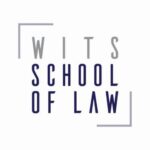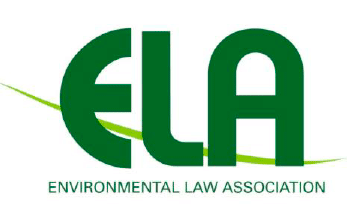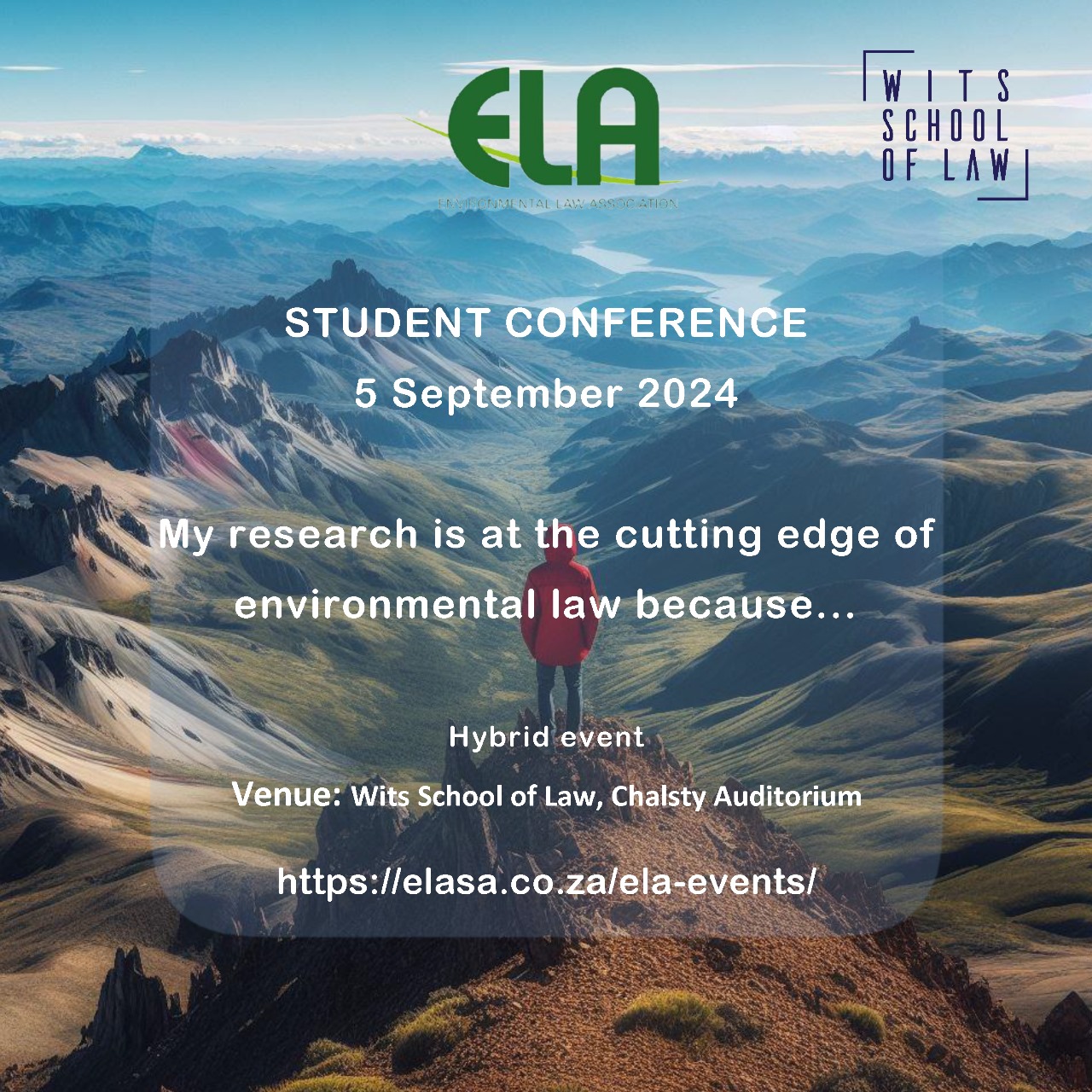Call for abstracts
Calling students (postgrads and undergrads) conducting research the environmental law and governance space. Why not participate in the 2024 Environmental Law Association of South Africa Student Conference?
Complete the form available here by no later than 5 August 2024.
This year, we ask students to respond to the provocation: My research is at the cutting edge because….
When?
5 September 2024 (all day)
Where?
Zoom (online).
Chalsty Auditorium, Wits University, Johannesburg (in-person).
The Student Conference will be hybrid, recognizing that not all students will be able to travel to attend in-person.
Why?
Presenting research at conferences is a key way to:
- Disseminate your findings to a wide audience;
- Test ideas;
- Receive feedback on your research from experts in the field;
- Build your CV;
- Network with scholars, practitioners, civil servants and others in the field of environmental law and governance to learn about career paths and opportunities.
The Environmental Law Association of South Africa is uniquely placed (through its network of environmental law scholars, practitioners, civil servants, and others) to offer meaningful feedback to students conducting research in the environmental law and governance space.
Prizes!
Win prizes! The best presenters, judged by a panel of experts, win book and/or cash prize. Check out the details of our 2023 Student Conference here.
Additionally, we will announce the winners of the ELA Student Essay Competition 2023/2024.
How much?
There is no Student Conference fee. This because our goal is to make the conference accessible and inclusive for a wide-range of students.
In 2024 students are asked to submit a blog post or other work for dissemination on the ELA’s website in lieu of a conference fee.
Furthermore, students must fund their own travel and accommodation costs should they attend in-person. We can provide invitation letters to students to support funding applications.
How do I participate?
Students can attend to listen and learn, as well as present.
If you wish to present, your abstract should explain how and why your research is at the cutting edge of environmental law and governance scholarship. For instance, is it seeking to transform law and governance efforts in a meaningful way? Is it advancing novel arguments? Is it pushing the boundaries of the discipline? Is it interdisciplinary/multi-disciplinary/trans-disciplinary?
Complete the Google form available here.
We look forward to seeing you at our Student Conference!
Thank you to our sponsors!





